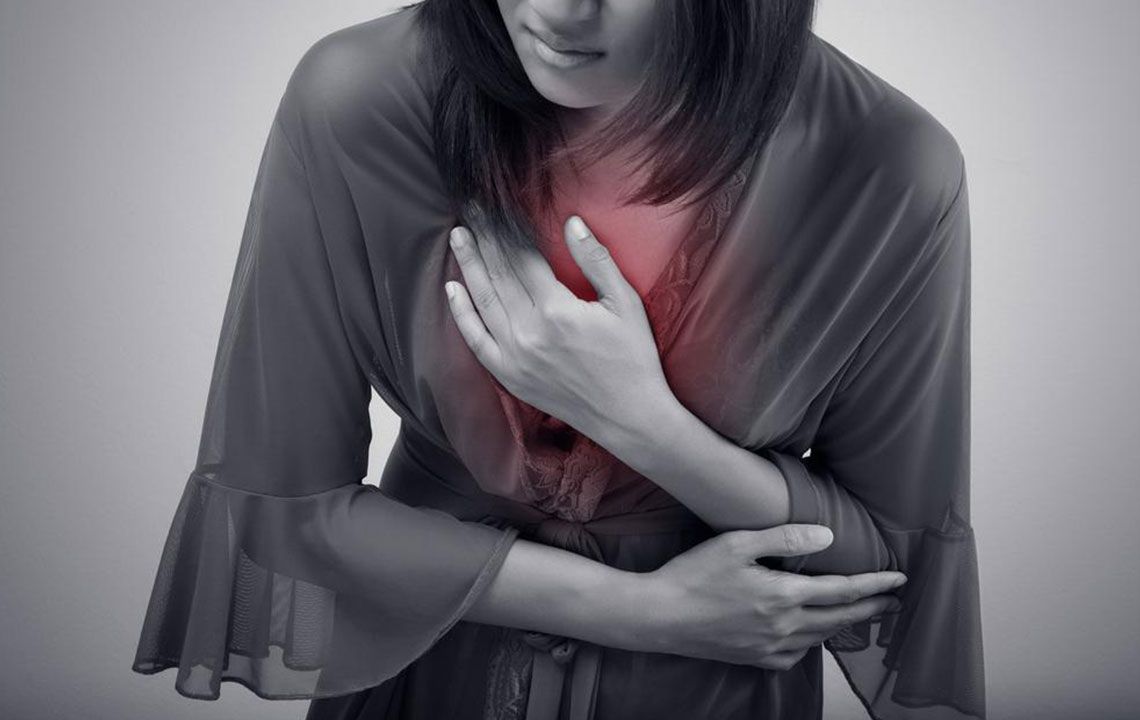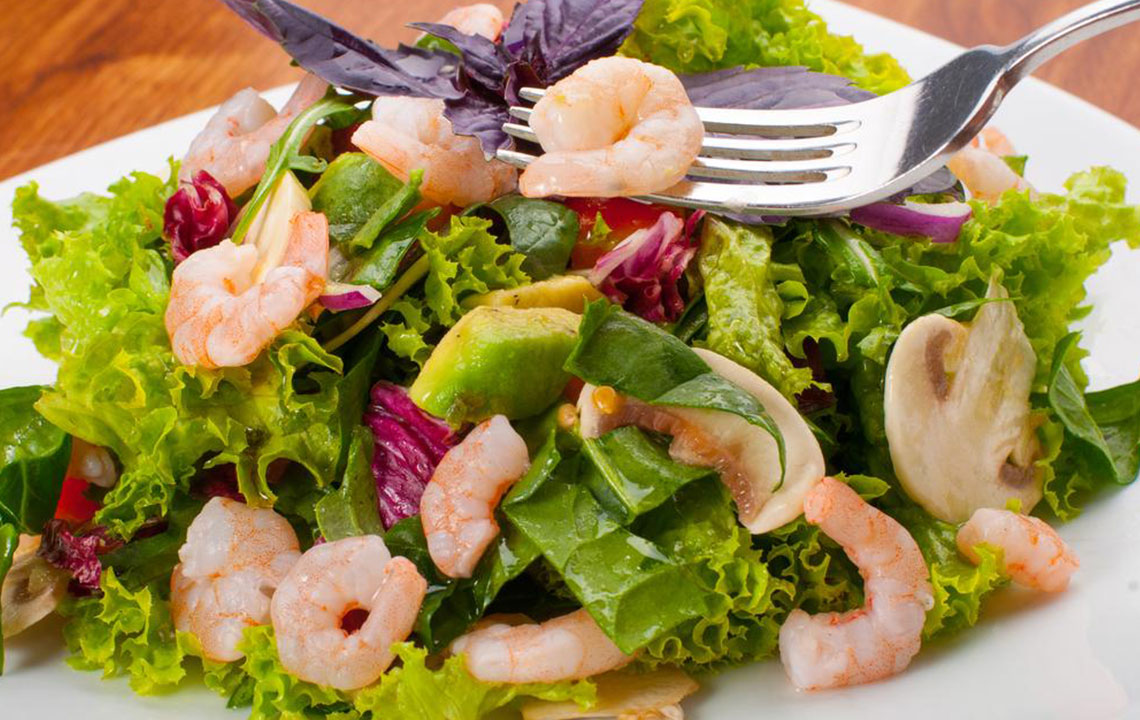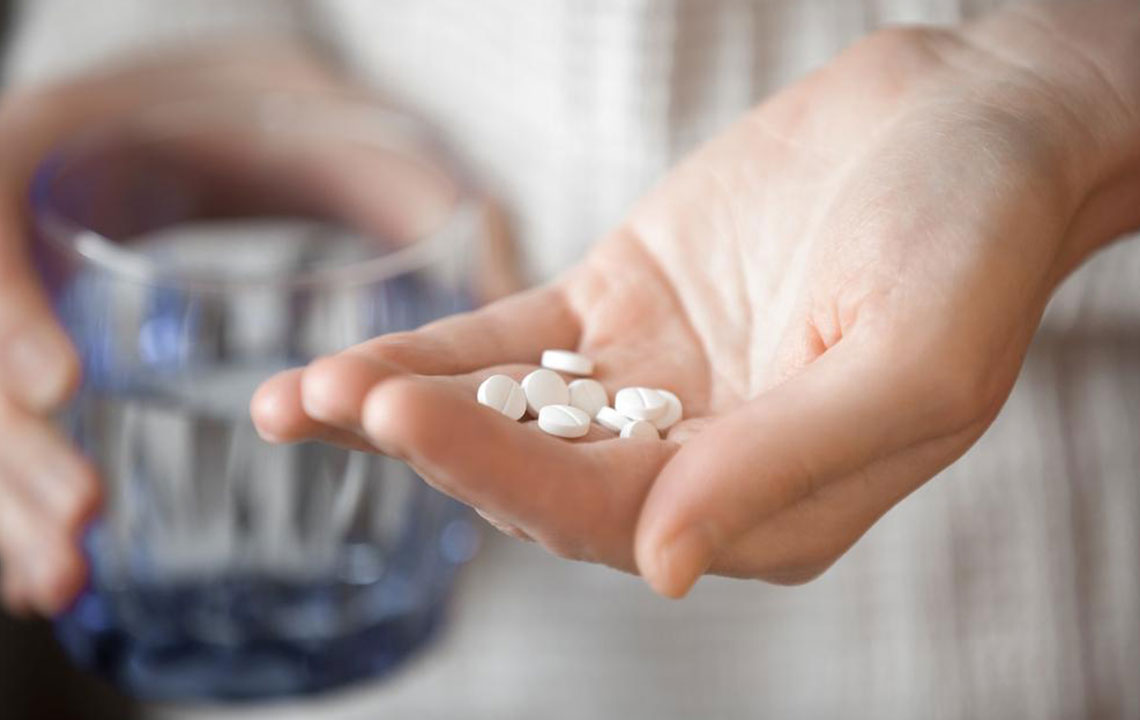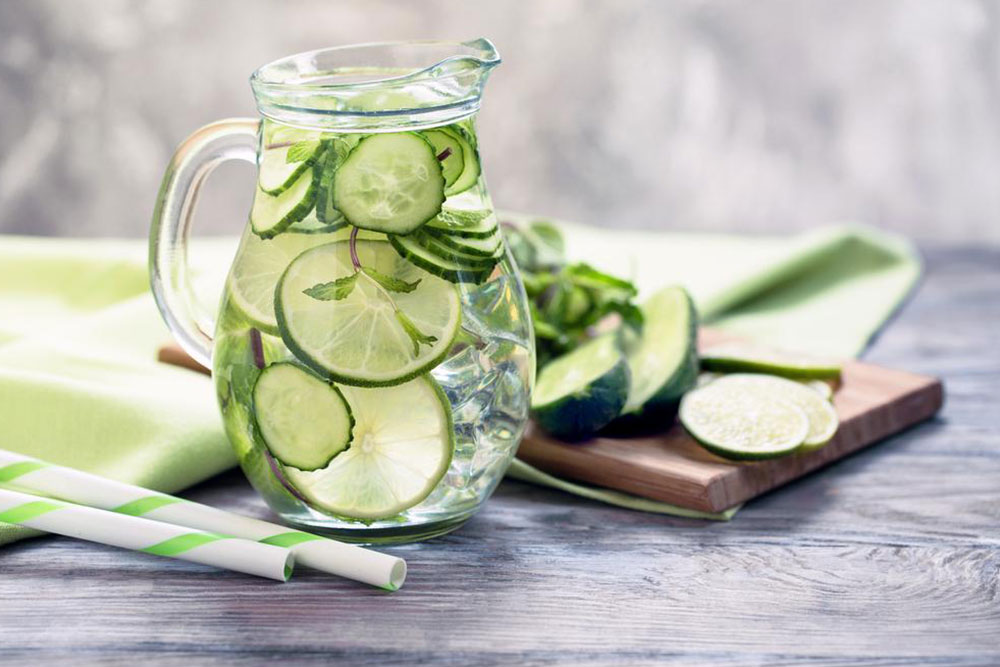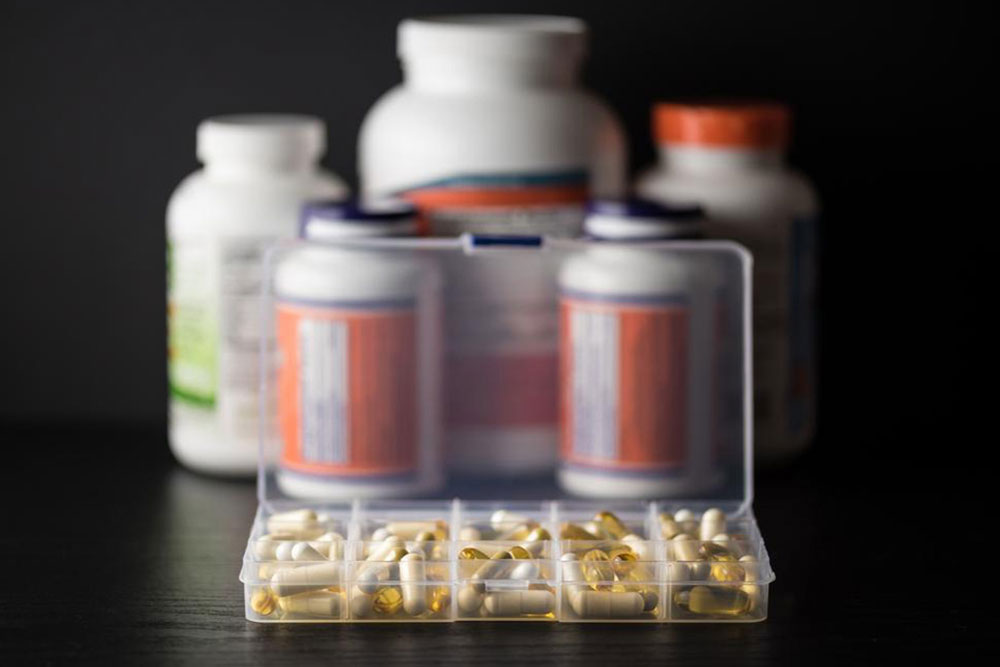Comprehensive Post-Gallbladder Surgery Dietary Tips for a Smooth Recovery
This comprehensive post-gallbladder surgery dietary guide offers essential tips for a safe and effective recovery. It emphasizes gradual dietary transitions, focusing on low-fat, easily digestible foods initially, then gradually reintroducing fiber-rich options. The article highlights the importance of hydration, monitoring your body's responses, and consulting healthcare providers to ensure optimal healing. These guidelines aim to minimize gastrointestinal discomfort, promote healing, and restore digestive health after gallbladder removal, making recovery smoother and more manageable.
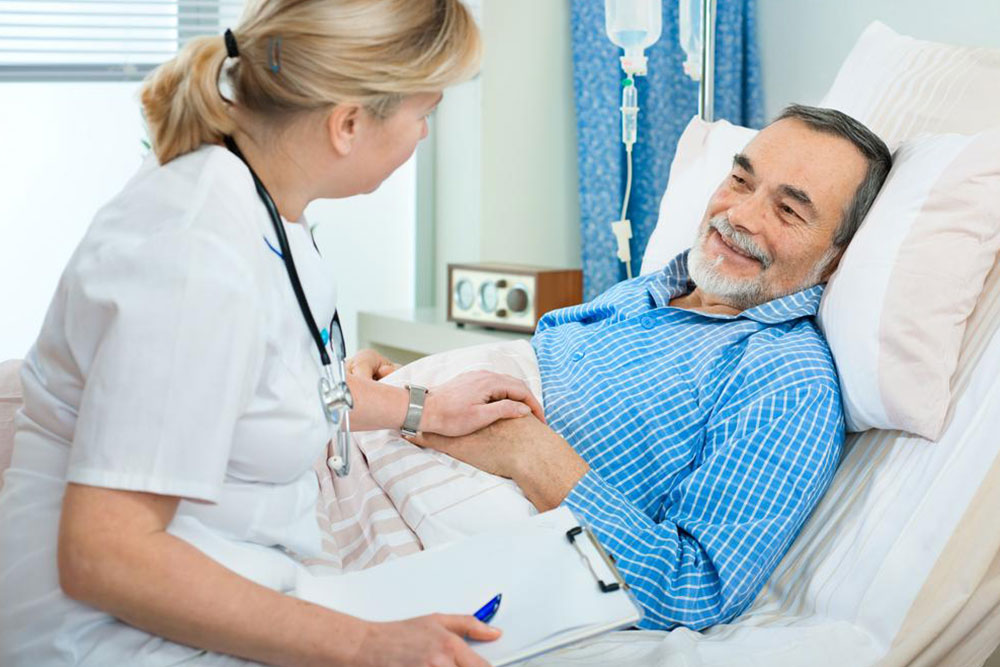
Comprehensive Post-Gallbladder Surgery Dietary Tips for a Smooth Recovery
Experiencing gallbladder removal, often referred to as laparoscopic cholecystectomy, is a widely performed surgical procedure aimed at alleviating the pain caused by gallstones and other gallbladder-related issues. While the surgery itself is routine and generally safe, the journey to full recovery heavily depends on post-operative care, especially dietary adjustments. Proper nutrition after gallbladder removal is crucial for healing, restoring digestive function, and preventing complications. This comprehensive guide aims to provide detailed dietary recommendations, highlighting what to eat and what to avoid during your recovery phase to ensure a smooth, healthy healing process.
Following gallbladder surgery, your digestive system requires gentle, easily digestible foods as your body adapts to the absence of this organ. Initially, your diet should be limited to clear liquids and soft foods to minimize gastrointestinal strain and reduce discomfort. Over time, you can gradually incorporate more substantial, nutrient-rich foods, focusing on low-fat options and avoiding foods that can cause bloating, gas, or diarrhea. Consistent, balanced eating habits, coupled with attentive monitoring of your body's responses, play a pivotal role in effective recovery.
In the early days post-surgery, sticking to a diet consisting of clear fluids helps prevent dehydration and provides ease of digestion. Examples include water, herbal teas, and clear broths. As tolerated, transition to semi-solid or soft foods such as gelatin, applesauce, bananas, toast, and plain crackers. These foods are gentle on the stomach and help maintain nutritional status without causing distress. It is advisable to take small, frequent meals rather than large portions, giving your digestive system time to adapt to the changes.
As your recovery progresses, gradually introduce low-fat, high-quality proteins like skinless chicken, fish, and turkey, along with cooked vegetables and fruits. Lean dairy products such as yogurt or skim milk can also be beneficial, provided they do not trigger discomfort. Additionally, incorporating easily digestible carbohydrates like rice, oats, and potatoes can aid in energy replenishment. Throughout this process, prioritize whole, minimally processed foods and avoid processed snacks, fried foods, or rich desserts that contain excessive fats or sugars.
It is essential to be vigilant about your body's reactions to various foods. If certain items cause symptoms like bloating, gas, or diarrhea, remove them from your diet and consult your healthcare provider for personalized guidance. As healing continues, you might incorporate higher fiber foods such as whole grains, nuts, seeds, and cruciferous vegetables, but only after receiving medical approval. A gradual reintroduction allows your digestive system to adjust smoothly without causing discomfort.
Maintaining good hydration is equally important. Drinking plenty of water helps support digestion and prevents constipation, a common concern after surgery. Avoid carbonated beverages, caffeine, and alcohol during the initial recovery phase, as these can irritate the stomach and interfere with healing.
In conclusion, a well-planned post-surgical diet tailored to your body's needs can accelerate recovery, reduce discomfort, and promote optimal digestive health. Always work closely with your healthcare team, follow their dietary recommendations, and pay close attention to your body's signals to ensure a safe and effective healing process. Remember, patience and gradual dietary modifications are key to successfully navigating life without a gallbladder.
During the initial recovery period, focus on gentle foods such as applesauce, bananas, broths, and crackers. Incorporate lean proteins like chicken and fish, along with rice and watery soups to support healing. As your condition improves, gradually add high-fiber foods like whole grains, nuts, and cruciferous vegetables, but only with medical approval. Monitoring your body's responses and consulting your healthcare provider will help personalize your diet and ensure a smooth recovery journey.
